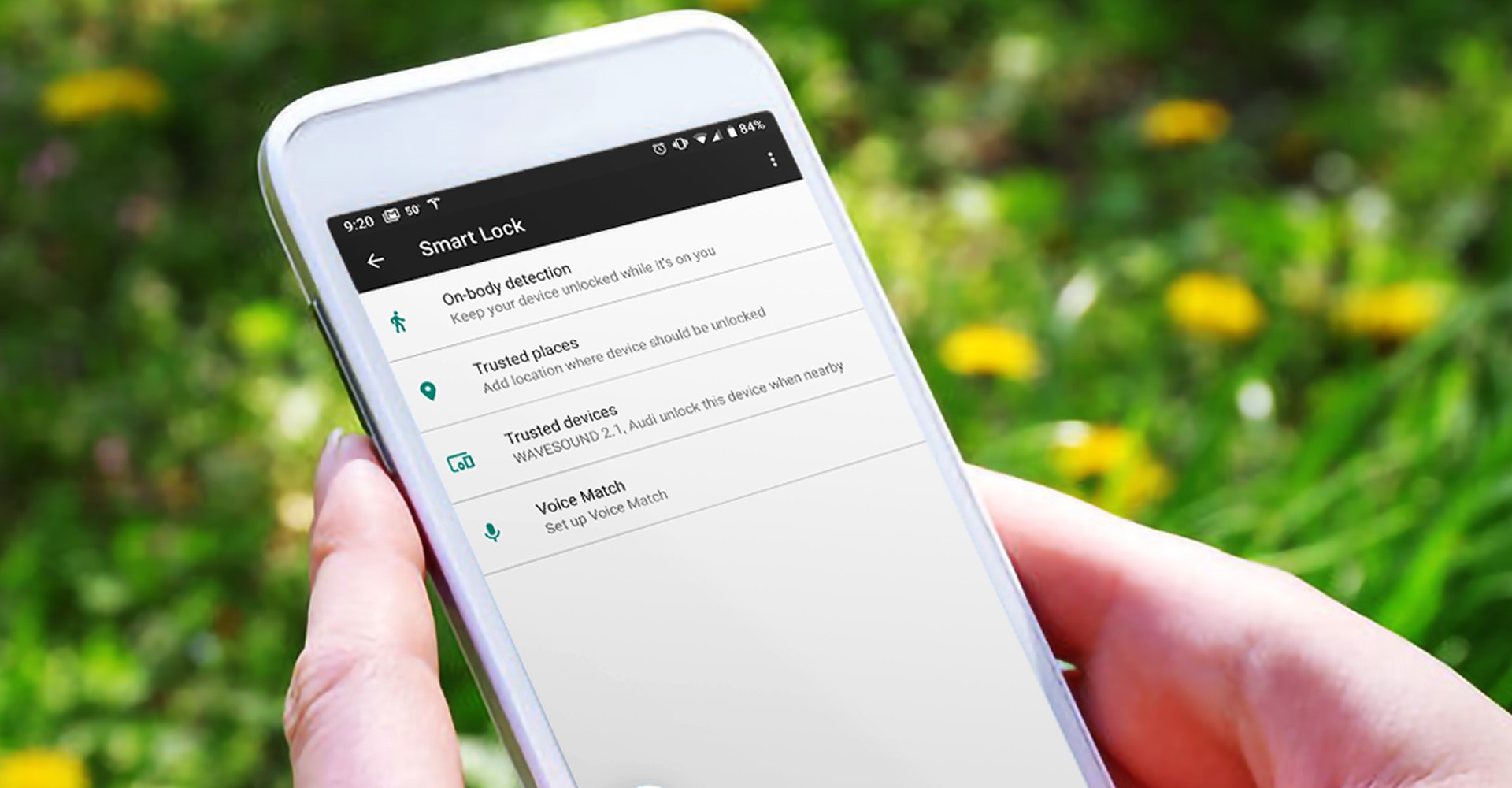
Implicit authentication (IA) on smartphones leverages behavioral and contextual data to identify users without requiring explicit input, and thus can alleviate the burden of smartphone unlocking. In a collaboration with Samsung Research, Masoud Mehrabi Koushki,, a PhD candidate in my research group, has led an exploration of how would smartphone users perceive a commercialized IA scheme in a realistic setting?
We report on the findings of our qualitative user study and an online survey to understand how Android users perceive Smart Lock (SL). SL is the first and currently only widely-deployed IA scheme for smartphones. We found that SL is not a widely adopted technology, even among those who have an SL-enabled phone and are aware of the existence of the feature. Conversely, we found unclear usefulness, and perceived lack of security, among others, to be major adoption barriers that caused the SL adoption rate to be as low as 13%. To provide a theoretical framework for explaining SL adoption, we propose an extended version of the technology acceptance model (TAM), which sheds light on the importance of factors such as perceived security and utility on SL adoption.
To learn more, watch Masoud’s presentation of the paper at a leading conference on the usability of mobile devices, or read the paper.
Masoud Mehrabi Koushki, Borke Obada-Obieh, Jun Ho Huh, Konstantin Beznosov, “Is Implicit Authentication on Smartphones Really Popular? On Android Users’ Perception of “Smart Lock for Android,” In the Proceedings of Twenty-Second International Conference on Human-Computer Interaction with Mobile Devices and Services (MobileHCI 2020), Virtual Conference, 2020.

